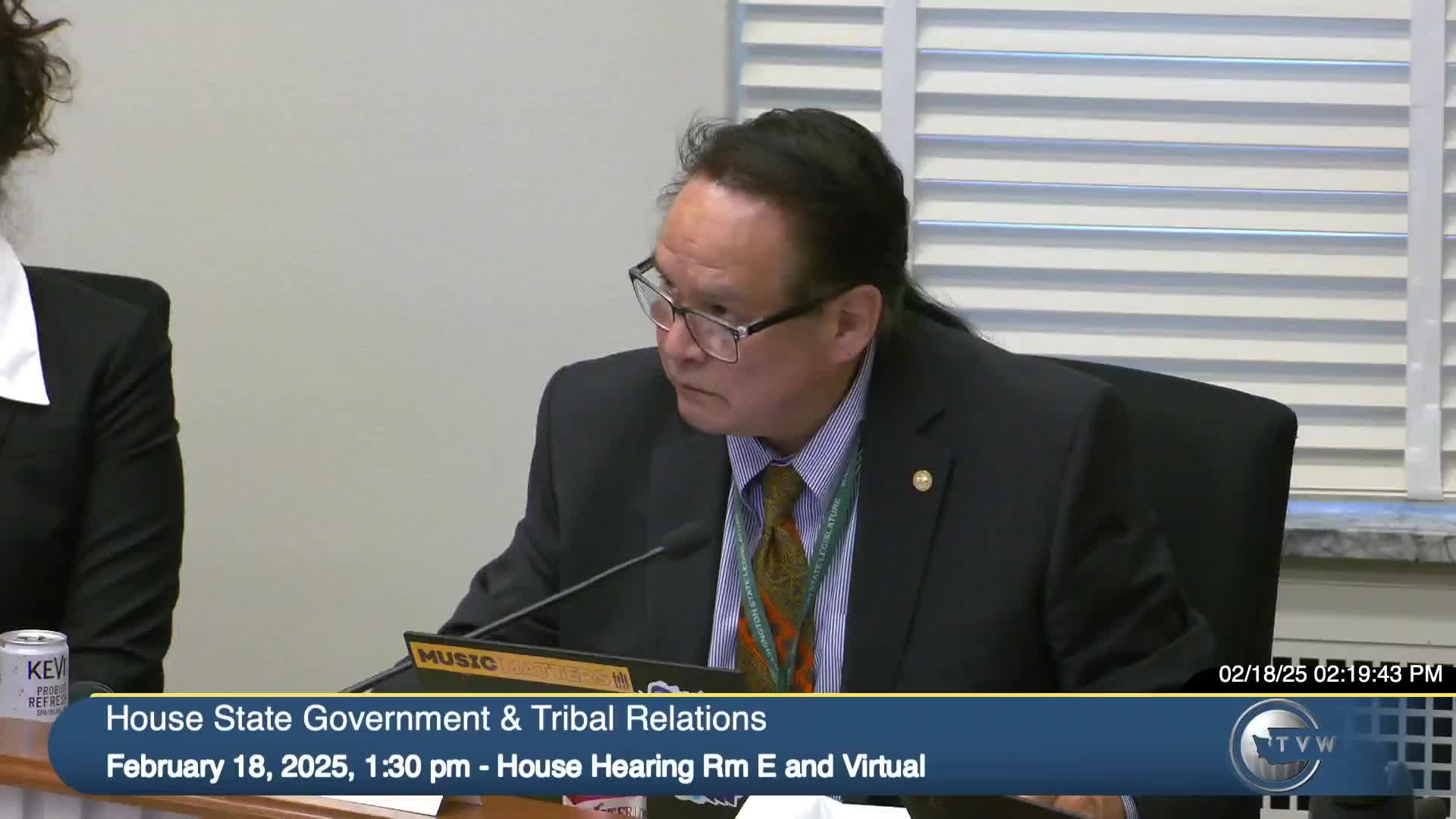Proposal to require attestation for commercial public‑records requests draws split reaction
Get AI-powered insights, summaries, and transcripts
Subscribe
Summary
HB 1964 would require requesters of lists of individuals to affirm they will not use the records for commercial purposes and directs the attorney general to provide a templated attestation; cities and counties supported the change while open‑government groups raised legal and access concerns.
The committee heard testimony on House Bill 1964, a proposal to standardize how local governments evaluate Public Records Act requests for lists of individuals and to require a requester’s attestation that the records will not be used for commercial purposes.
Proponents including the Association of Washington Cities, the Washington State Association of Counties and cities such as Everett said the legislation would codify court guidance, provide a template from the attorney general’s office and give public‑records officers consistent tools to deny or manage requests they suspect are for commercial uses. Paul Jewell of the counties group said a standard template would save time and create consistency for jurisdictions with limited staff.
Opponents, including the Washington Coalition for Open Government and the Coalition for Sensible Public Records Access, said the bill would create barriers to access, potentially require requesters to declare purpose under penalty of perjury and introduce confusion about what constitutes a “commercial purpose.” Attorney Kathy George and others warned that the SEIU court decision cited by proponents imposes an affirmative duty on agencies to investigate suspicious requests, and that a requester’s signed statement alone cannot substitute for that duty.
Morgan Dammerau from the Attorney General’s Office described the AGO’s training and the template the office already shares with local governments after the SEIU decision. Dammerau said putting core requirements into statute could help agencies that experience turnover and lack institutional knowledge, but she acknowledged the bill as drafted would not remove the agency’s independent obligation under case law to evaluate a requester’s purpose when suspicion exists.
Why it matters: Local governments contend the change would curb abusive commercial harvesting of personal data and reduce staff time spent on speculative requests; critics said it risks chilling legitimate public‑interest uses and could expose requesters to legal risk if “penalty of perjury” language is included.
Next steps: Committee members heard technical and legal questions and several proposals for narrower fixes. No vote occurred during the hearing.
